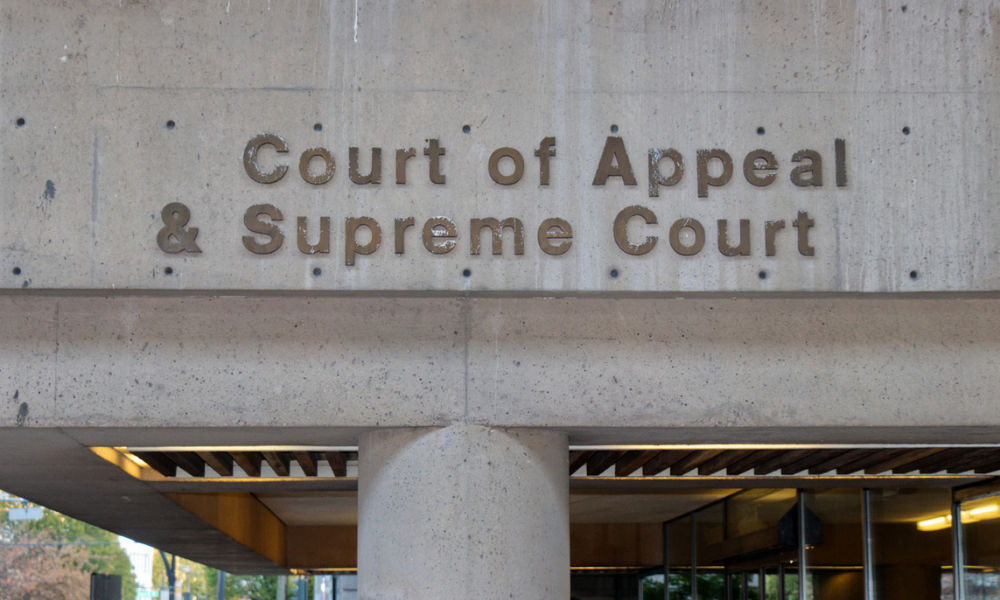Rules committee to receive feedback until Mar. 25

The Civil and Family Rules Committee of the Supreme Court of British Columbia has begun seeking feedback from the public to improve the Civil Rules of Contempt.
The B.C. Ministry of Attorney General said it would use feedback to determine how the rules align with the provincial government’s work to streamline court processes and improve access to justice.
At present, the ministry noted that the province’s justice system depends on respect for and compliance with court orders. For a person willfully violating a court order, the rules limit the remedies to imprisonment or fines.
However, the ministry noticed that the remedies available are “solely punitive.” Thus, the ministry said that the rules have become “arguably obsolete” since they no longer reflect the range of remedies available at common law or frequently used under the court’s inherent jurisdiction.
Moreover, the ministry reviewed the rules of contempt of other provinces and found that several jurisdictions, including Manitoba, Ontario, Newfoundland, Nova Scotia, Prince Edward Island and New Brunswick, offer a broader range of remedies that the court may impose on a party found in contempt. These remedies include house arrest, conditional or absolute discharge, payment of security, community service and orders for further compliance.
The ministry also found that the rules of other provinces provide more procedural guidance on conducting contempt proceedings.
“The province, in collaboration with the rules committee, is looking to modernize the rules to provide clear and adequate procedures outlining the court process, which will make it quicker and easier for people to get assistance from the court when other parties are not obeying court orders,” the ministry said.
The rules committee will receive feedback until Mar. 25.









